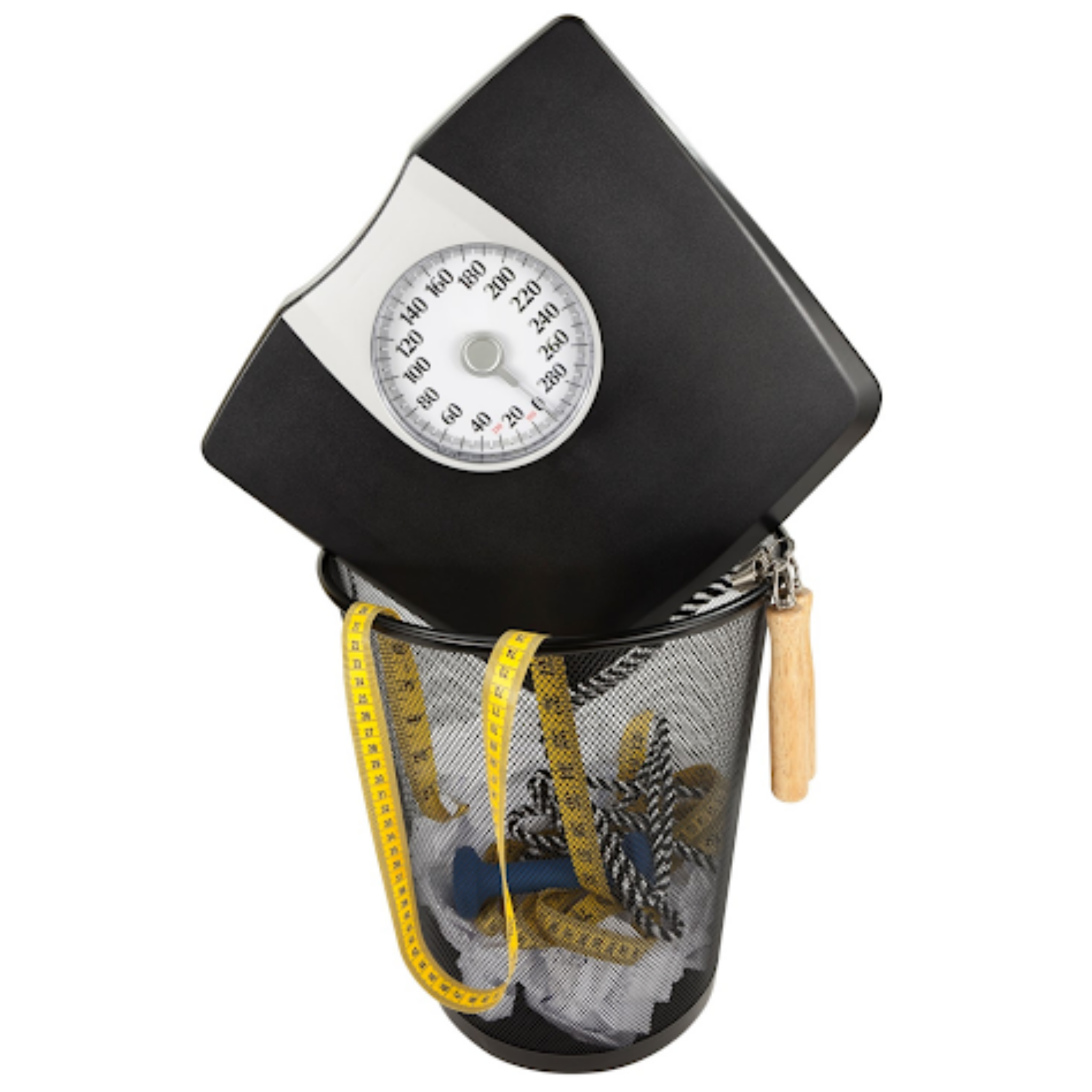“I’m working so hard BUT… I’m hardly losing any weight.”
STOP. Did we just take the words out of your mouth? These are the words we hear over and over again. Here’s a little secret. It doesn’t matter and it shouldn’t matter. We are soooo conditioned to measure our progress based on our weight but….. it’s just a number! The problem with focusing on the scales is you quickly become frustrated and disillusioned, then you give up, and then you’re right back at the start looking for a miracle plan once again. In case you hadn’t noticed, we stand for ‘balance’ and long term, sustainable, consistent habit changes. So for February, we’ve got the perfect solution for YOU to ensure you MAINTAIN the healthy changes you have made and start to cement those habits long term… we’re launching a ‘28 day forget the numbers campaign’ and you can follow along with us from home, wherever you are in the world! The ultimate goal of the challenge is for you to reach the end of the month and realize that there are literally hundreds of far bigger reasons to choose a healthier lifestyle than simply the number on the scales. We believe a BIGGER reason will help with long term change. We also know that the numbers on the scale will move slowly if you are embarking on a sustainable health program, and we want you to be ok with this. Forget the 4, 6, or 8 weeks ‘smash yourself’ programs that promise the inches or kgs will fall off. We want sustainable change so you can live a happier life and eventually reach and maintain a healthy weight range. Here’s how you join in on the challenge:
- Hide your scales. And if you don’t trust yourself just to throw them in a cupboard, get a family member to hide them for you so you literally will not be able to fold and pull them out to weigh yourself at any point in February.
- Do NOT weigh yourself at all during the month of February.
- Continue on your current healthier lifestyle; the one you promised you would work on in January. If you want more structure or guidance around living a healthier life then check out our online course Back 2 Basics. You could EASILY follow the Back 2 Basics protocol in conjunction with this challenge for February and beyond!
- Follow along on social media with us for daily tips and updates and actively ponder what we post.
- Delete any social media accounts that promote unrealistic weight-loss OR that make you feel insufficient in any way. In a similar way, be mindful of who you spend time with over the next month (and beyond). Ensure they are people who lift you up and not pull you down.
- Share this with a friend so you have an accountability buddy (optional).
We’d love to hear what you think of our 28 days ‘forget the number challenge’ and especially would love to hear from you at the end! We’ll be here with you so feel free to engage on social media or reach out if you need a consultation.
All the best for a GREAT month sans the scales.






